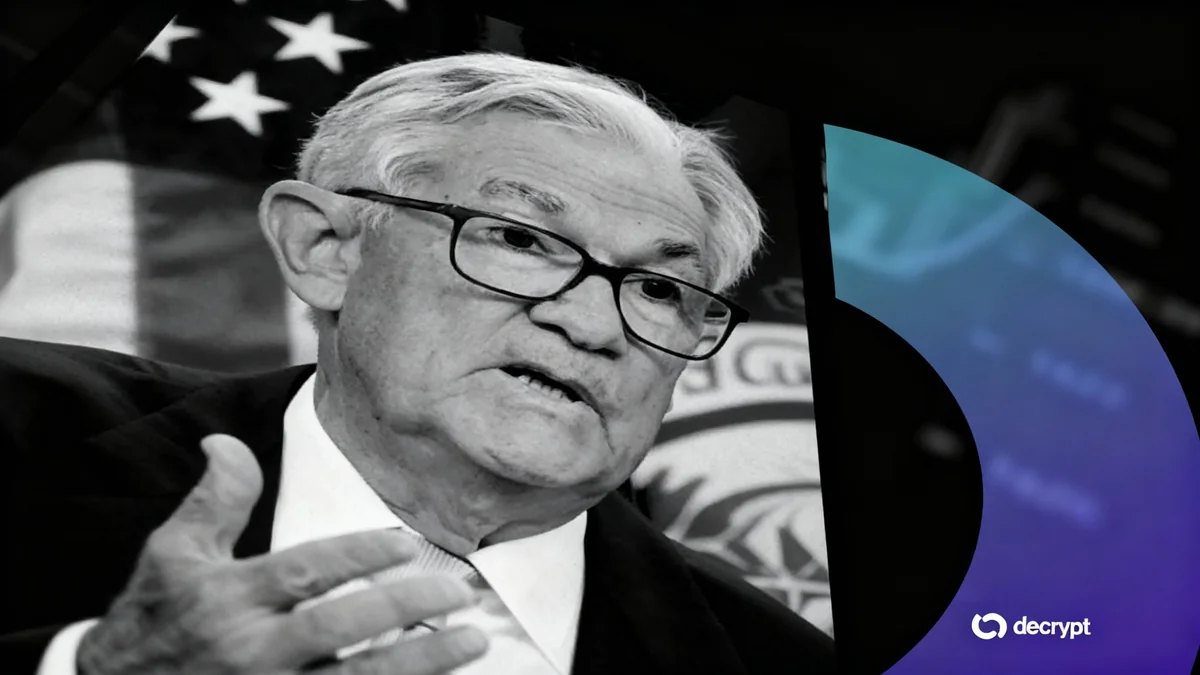Digital asset custody firm BitGo has officially filed for an initial public offering (IPO) in the United States, seeking to list on the New York Stock Exchange. The company's filing reveals it holds approximately $90.3 billion in assets on its platform, signaling a significant move to capitalize on growing institutional interest in cryptocurrency infrastructure.
Key Takeaways
- BitGo has filed a Form S-1 with the SEC for an initial public offering on the New York Stock Exchange under the ticker symbol "BTGO".
- The company reported managing approximately $90.3 billion in assets under custody as of June 30, 2024.
- CEO Michael Belshe will retain significant voting control through a dual-class share structure.
- The move comes amid increasing entry of traditional financial institutions into the crypto custody space and a shifting regulatory environment in the US.
Details of the Public Offering
BitGo submitted its Form S-1 registration statement to the U.S. Securities and Exchange Commission (SEC), outlining its plan to go public. The Palo Alto-based firm aims to list its Class A common stock on the NYSE, a major step for a company operating in the digital asset sector.
The filing provides a detailed look at the scale of BitGo's operations. As of June 30, 2024, the company held $90.3 billion in assets on its platform. This massive figure underscores the significant role BitGo plays in the digital asset ecosystem, providing secure storage for a wide range of clients.
BitGo by the Numbers
- Assets Under Custody: $90.3 billion
- Global Clients: Over 4,600 entities
- Total Users: More than 1.1 million
- Geographic Reach: Operations in over 100 countries
- Supported Assets: Over 1,400 different digital assets
The company serves a diverse client base that includes crypto-native firms, traditional financial institutions, government bodies, and high-net-worth individuals. To bolster trust and security, BitGo also highlighted its $250 million insurance coverage and its successful completion of both Service Organization Control (SOC) 1 and SOC 2 audits, which are key industry standards for security and data protection.
Corporate Structure and Leadership Control
A notable aspect of the IPO filing is the company's proposed corporate governance structure. BitGo will implement a dual-class share system designed to keep significant control in the hands of its co-founder and CEO, Michael Belshe.
Under this arrangement, Belshe will hold Class B shares, with each share carrying 15 votes. In contrast, the Class A shares offered to the public will carry only one vote per share. This structure ensures that the founding leadership maintains majority voting power even after the company goes public.
Understanding 'Controlled Companies'
The dual-class share structure qualifies BitGo as a "controlled company" under NYSE listing rules. This designation exempts the company from certain corporate governance requirements, such as the need for a majority of independent directors on its board or a fully independent compensation committee. This practice is common among technology companies aiming to preserve long-term vision from short-term market pressures.
This approach allows the company's leadership to focus on its long-term strategy without being overly influenced by the quarterly demands of public market investors. However, it also means that new public shareholders will have a limited say in the company's direction.
Global Expansion and Regulatory Milestones
BitGo's decision to go public coincides with its successful international expansion efforts. The company recently secured an extended license from Germany’s Federal Financial Supervisory Authority (BaFin), a highly respected financial regulator.
This license is particularly significant as it allows BitGo's European division to offer a comprehensive suite of services, including trading, custody, staking, and asset transfers, under the European Union's new Markets-in-Crypto-Assets (MiCA) framework. The MiCA regulation provides a unified legal framework for crypto assets across the EU, making licenses from reputable member states like Germany highly valuable.
This regulatory clarity in Europe positions BitGo to capture a larger share of the institutional market on the continent, complementing its push for a public listing in the United States.
A Market Warming to Crypto Custody
BitGo's IPO filing arrives at a time of renewed interest and activity in the digital asset sector, particularly from institutional players. Several other crypto-focused companies, including stablecoin issuer Circle, crypto exchange Bullish, and blockchain lending firm Figure, have recently experienced successful public market debuts, suggesting strong investor appetite.
The regulatory climate in the U.S. has also shown signs of becoming more accommodating. Earlier this month, US Bancorp relaunched its digital asset custody services for institutional investment managers. This decision followed a regulatory shift by the Trump administration that reversed a previous SEC rule requiring banks to hold significant capital against crypto-related activities.
The re-entry of major banks like US Bancorp, which had paused its service due to compliance constraints, signals a broader trend of traditional finance embracing digital assets under a new regulatory outlook.
This trend is not limited to the United States. A growing number of global financial giants are moving into the crypto custody space. In July, Germany’s largest bank, Deutsche Bank, announced plans to offer cryptocurrency storage for its clients. Similarly, reports in August indicated that Citigroup was also considering offering cryptocurrency custody and payment services.
The convergence of these factors—favorable market sentiment, clearer regulatory paths, and increasing competition from traditional finance—creates a dynamic environment for BitGo's public offering. The company is positioning itself as an established, secure, and regulated leader in a rapidly maturing industry.





